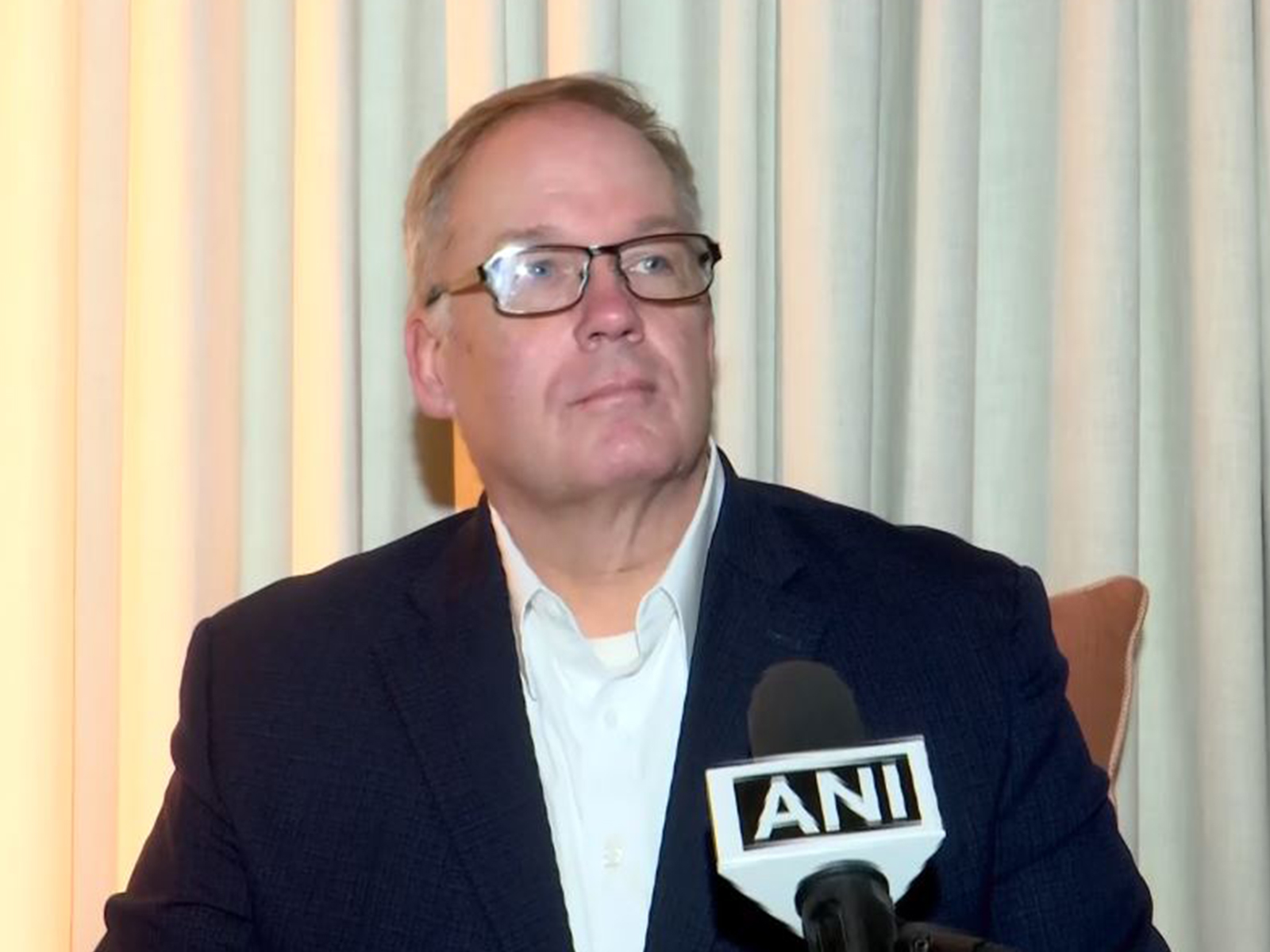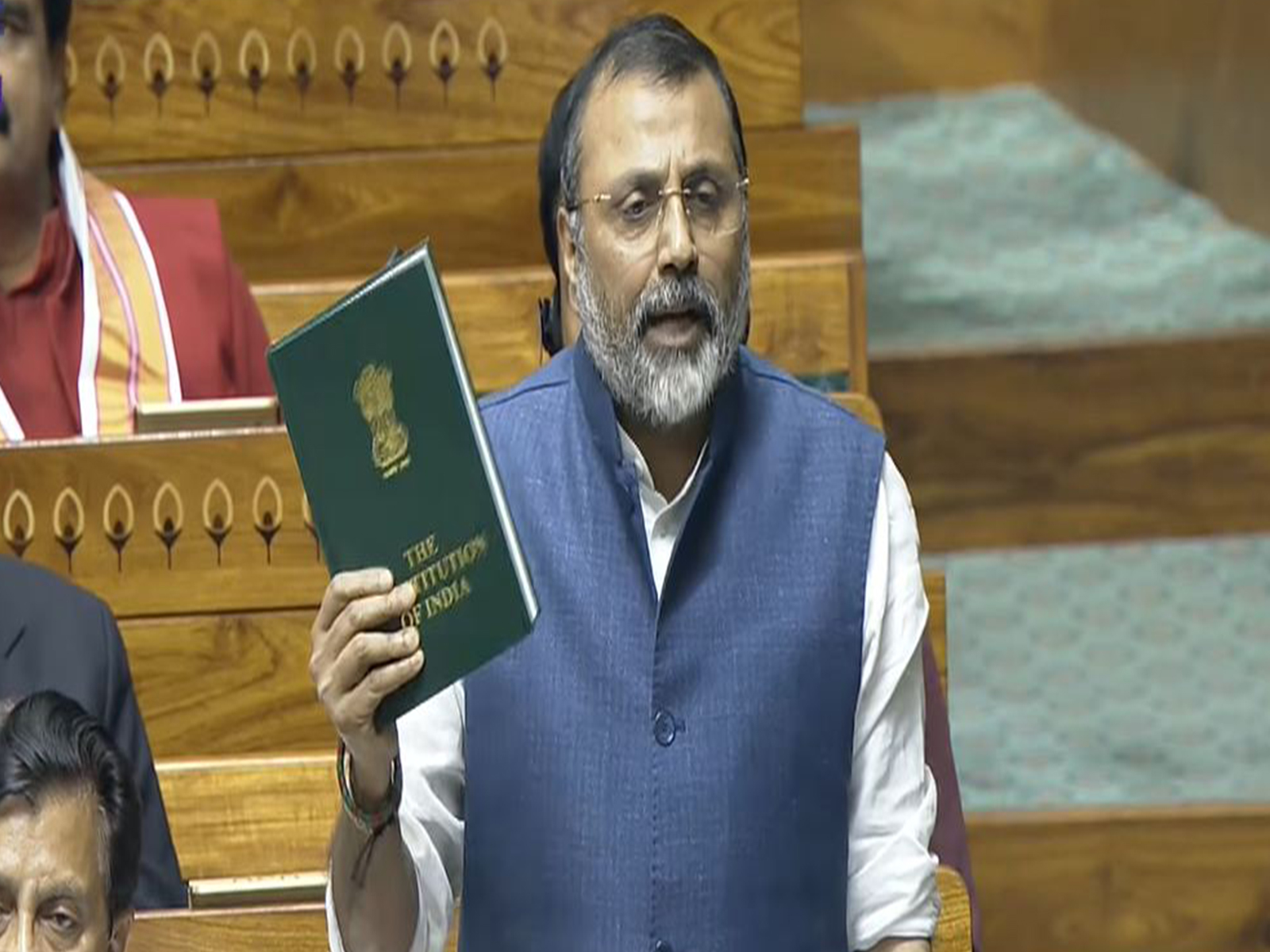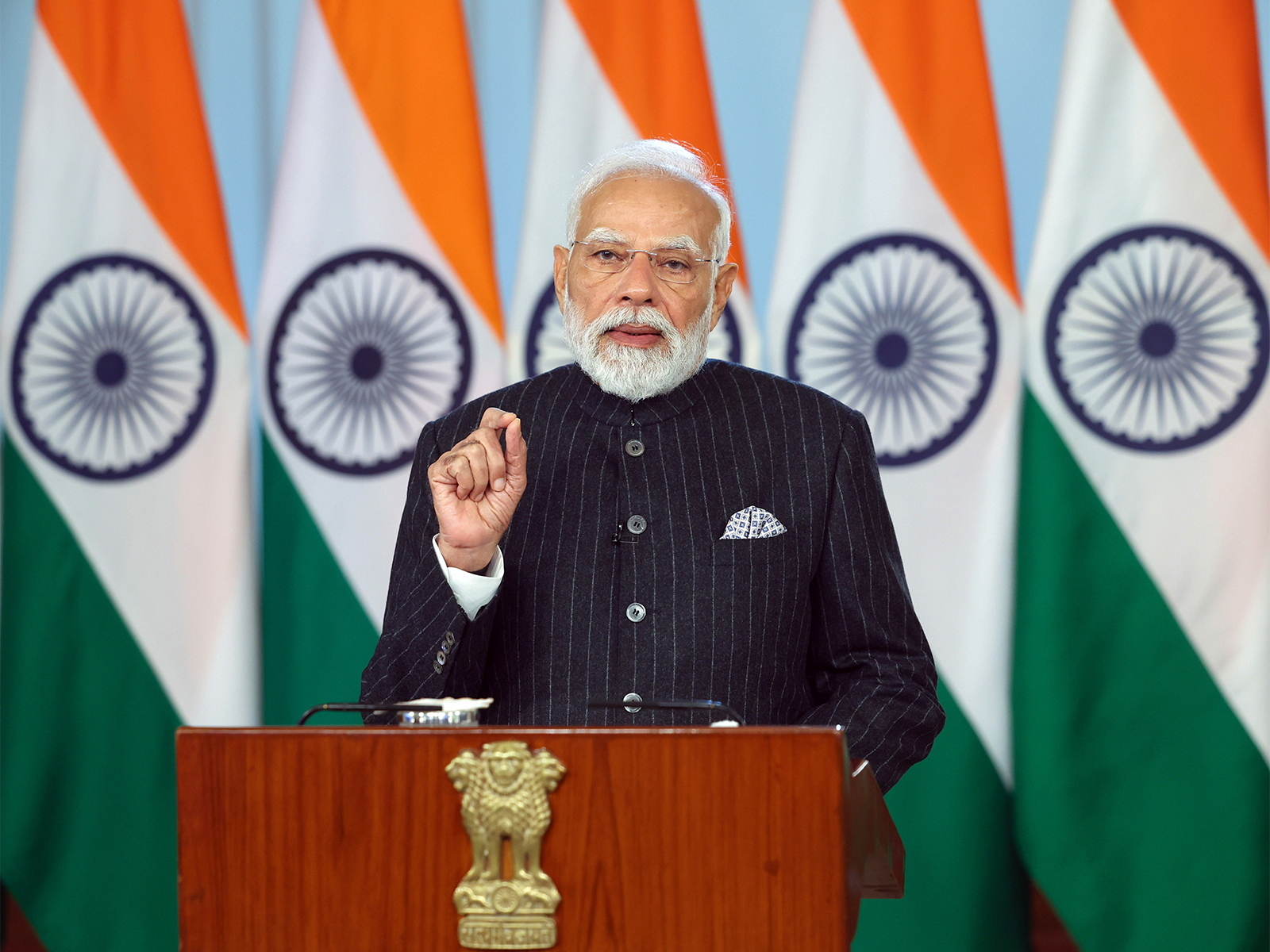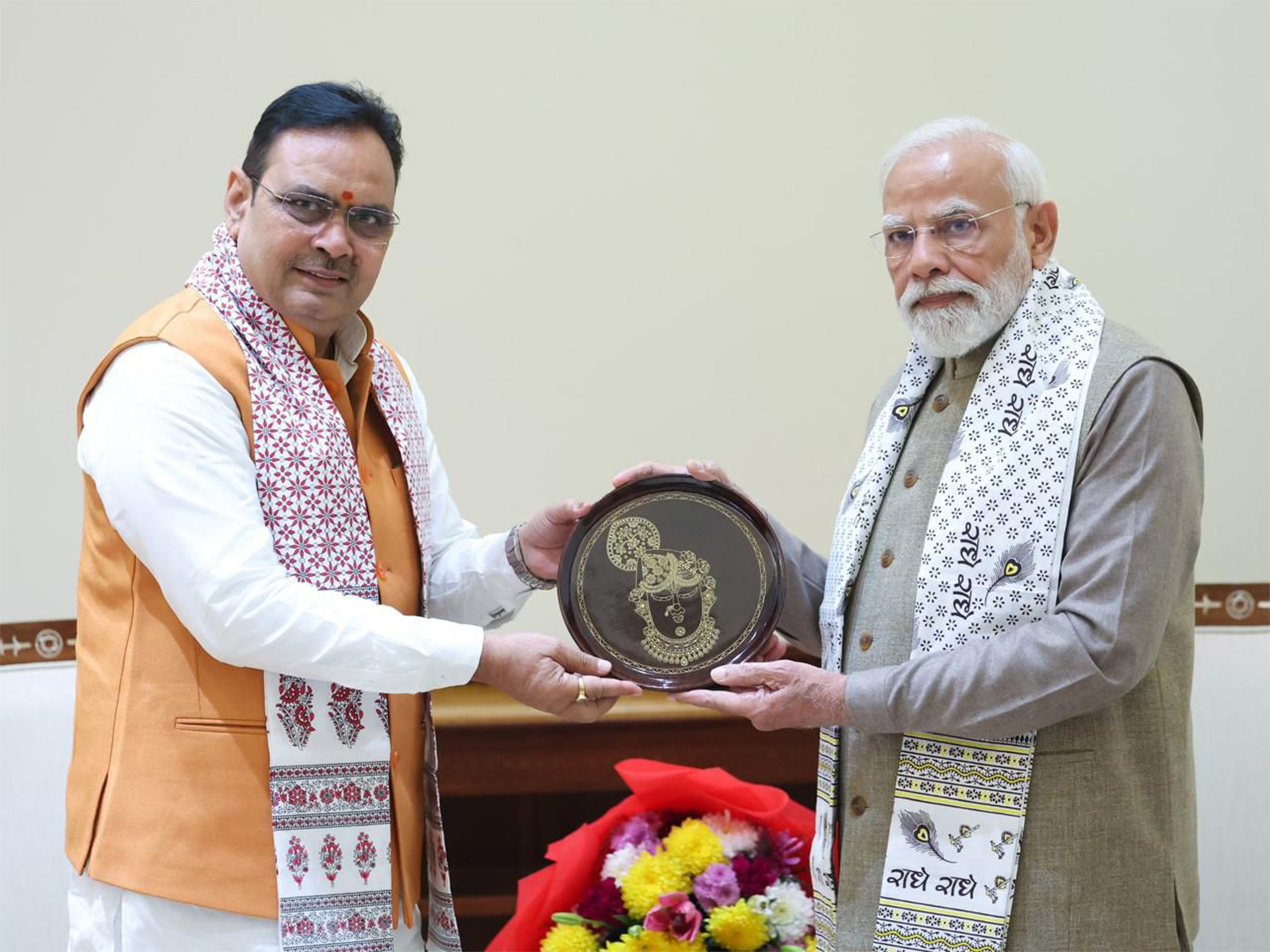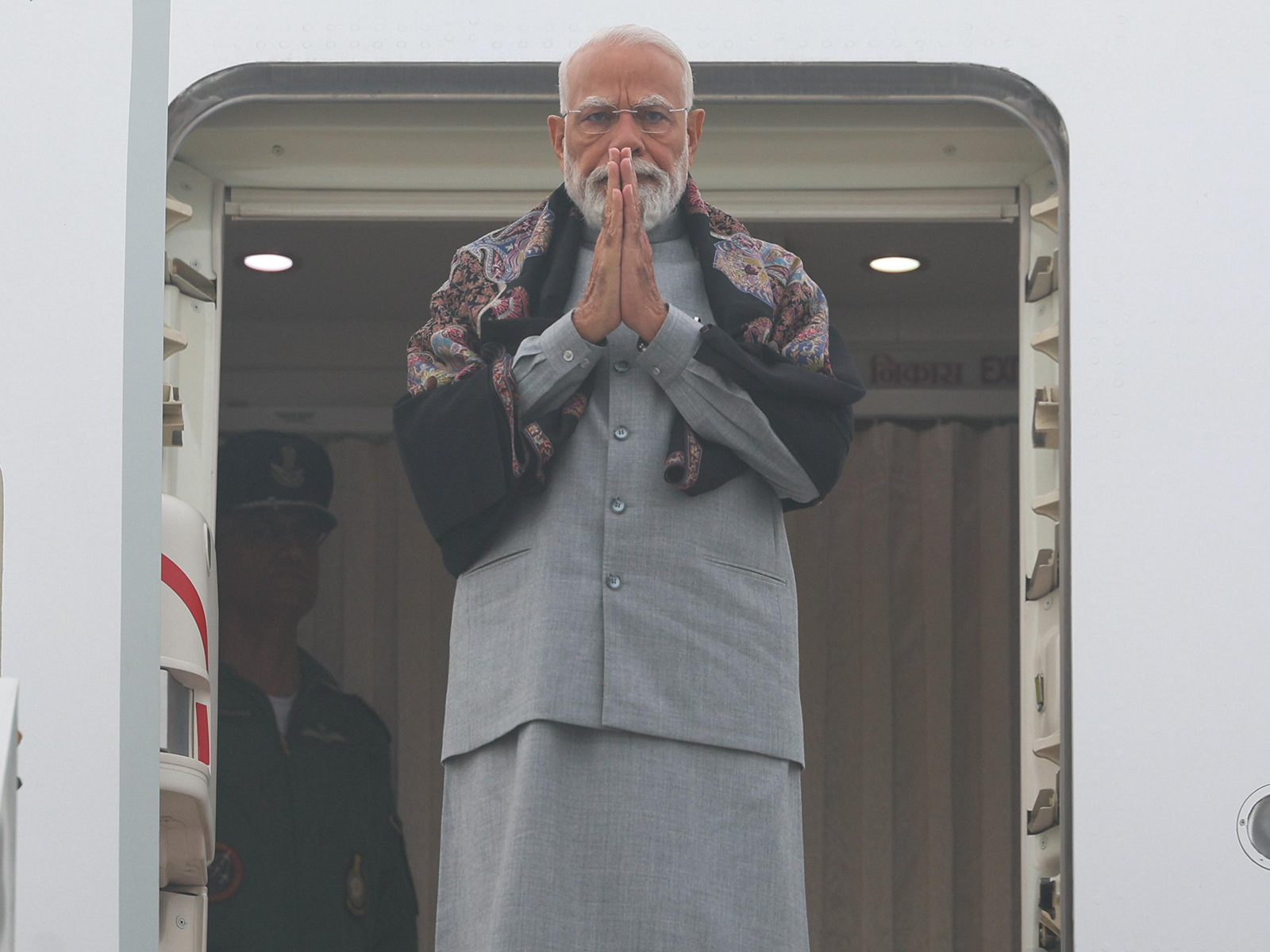Marriage Equality: Solicitor General argues sexual autonomy argument may be used to defend incest, CJI responds 'far-fetched'
Apr 27, 2023

New Delhi [India], April 27 : On day six of the hearing on petitions seeking marriage equality, Solicitor General Tushar Mehta, appearing for Centre argued that if the petitioner's submission is accepted then it may cause various ramifications and in the future, someone may challenge provisions against incest.
However, Chief Justice of India DY Chandrachud, who is heading the five-judge bench, said, "It is a far-fetched argument."
The five-judge Constitution Bench comprising of the Chief Justice of India DY Chandrachud, Justice Sanjay Kishan Kaul, Justice S Ravindra Bhat, Justice Hima Kohli and Justice PS Narasimha is dealing with a batch of petitions pertaining to 'marriage equality rights for LGBTQIA+ community.
Solicitor General Tushar Mehta, appearing for Centre, was addressing the court on the impact on various provisions in the law that may occur due to the petitioner's prayers.
Reiterating his statement that the matter should be dealt with by parliament, SG Mehta said, "Petitioners are demanding for rewriting of the provisions of the Special Marriage Act to suit a particular class of people and the statute cannot be read that it applies in one way to heterosexuals and in another way to same-sex."
"The argument of petitioners is that they have a right to choose their sexual orientation," SG Mehta added.
He pointed out incest, which is not uncommon but is prohibited worldwide.
SG Mehta raised the question that anyone in future may challenge provisions prohibiting incest.
CJI DY Chandrachud said that it is a far-fetched submission.
Advancing his argument, SG Mehta said, "The state can regulate relationships if the state feels that it is in legitimate interest to do so."
Thereafter he submitted that if as per the Petitioners, man/woman are to be read as person in the Special Marriage Act, 1954 (SMA), in that case, Section 4(c) will be read as the person has completed the age of 21 years and the person the age of 18 years.
He further said, "Even in such a case the transgender community will be left out."
Solicitor General pointed out that various provisions of the SMA cannot be read in isolation from personal laws.
Solicitor General contended that the Petitioners argue that they have a right to choose sexual orientation, however, CJI corrected him to say that sexual orientation is not a matter of choice but is innate to a person.
Solicitor General reiterated that there still are two schools of thought - one says that sexual orientation is acquirable and another says it is inbuilt.
Solicitor General further submitted, "SMA is interwoven with personal laws and any change to the SMA will have a consequential change to personal laws."
SG Mehta argued, "Under Section 36 of the SMA, the right to alimony is available only to a wife and if we extend this to LGBTQIA+ marriages, the question of who plays the role of a wife arises."
He said that there will be a dilemma, which cannot be foreseen as he asked who will be treated as the father and who will be the mother if an LGBTQ couple get permission to adopt a child and one of them died in between.
He also raised a question that in cases of LGBTQIA+ couples, who will be widow, widower, father, mother etc. Under the laws, protective rights are granted to the wife, such as maintenance, rights of alimony and custody.
Solicitor General stated, "Reliance on Ghaidan (landmark UK judgment on queer rights) is misplaced, without giving background and context."
He argued that Ghaidan was not dealing with an interpretation which is concerned with several statutes.
The argument in the matter will be continued on May 3.
Various petitions are being dealt with by Supreme Court seeking legal recognition of same-sex marriage.
One of the petitions earlier raised the absence of a legal framework which allowed members of the LGBTQIA+ community to marry any person of their choice.
